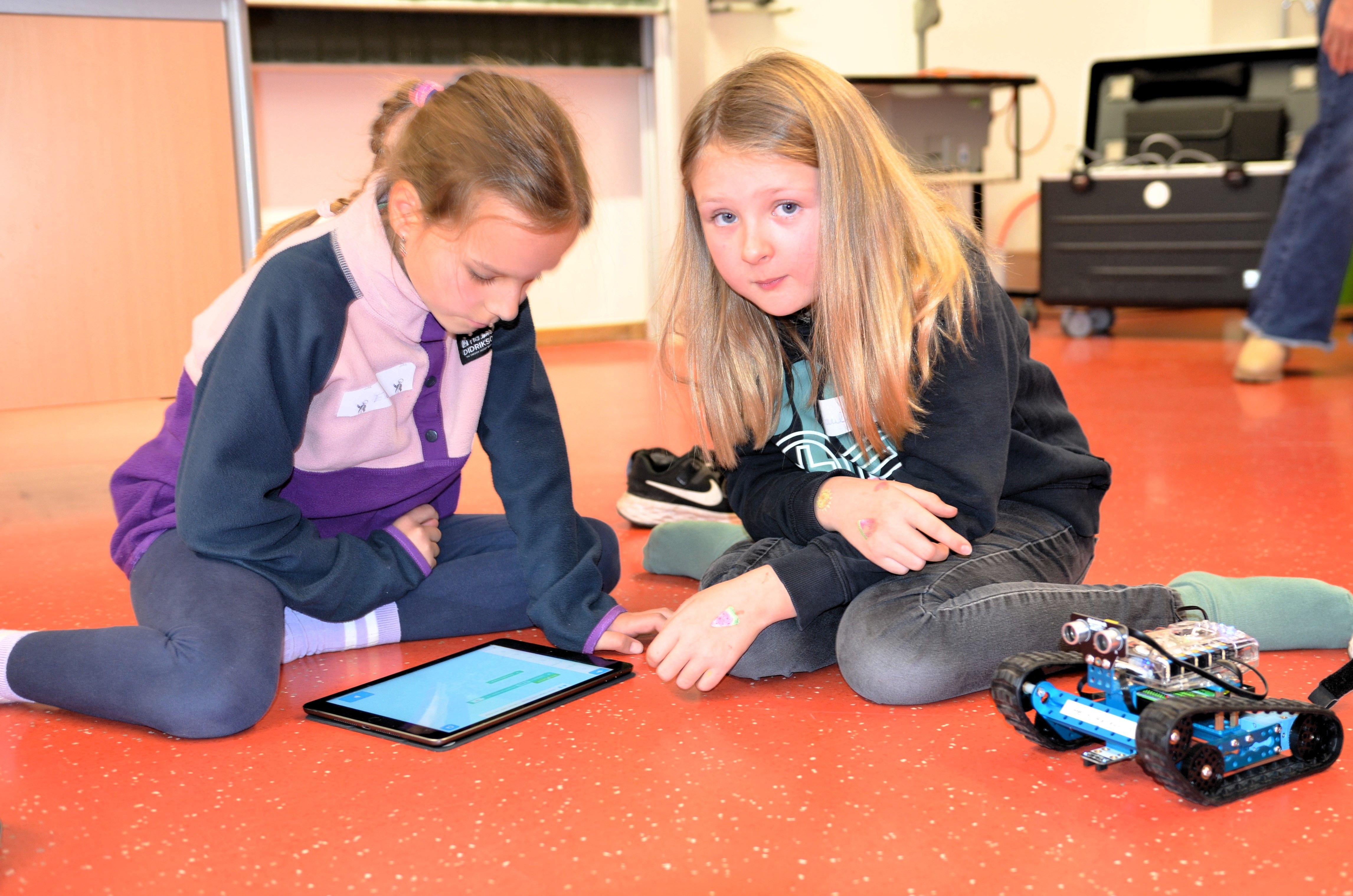ALDI SÜD sets standards in sustainability: This year, the discounter reached several animal welfare milestones six years earlier than planned.
Advertisement
25% des Bio-Standardsortiments are in accordance with the strict guidelines of the Naturland eV certified that far exceeds that EU organic guidelines go out. The group also wants to be one of the first international food retailers to achieve net zero across the entire value chain by 2050. ALDI SÜD published these and many other milestones today in the Sustainability Progress Report 2024.
Published for the third time ALDI SOUTH it Progress report towards sustainability with concrete steps and timed goals. The measures focus on six fields of action: “Climate, environment and nature, certified products”, “Animal welfare and agriculture”, “Conscious nutrition”, “Food waste”, “Circular economy and packaging” and “Human rights”.
“With our #attitude change, we have initiated a rethink in the entire industry and brought animal welfare in livestock farming into focus. With the same commitment, we are now committed to the “Planetary Health Diet” with our #dietary change, which harmonizes a health-conscious and environmentally friendly diet. Our customers can always rely on this: We make sustainability affordable for everyone,” says Erik Döbele, Managing Director Buying & Customer Interaction at ALDI SÜD Germany.
In the Sustainability Progress Report 2024, ALDI SÜD reports how the company contributes to protecting the environment, climate and human rights and increasing animal welfare in livestock farming. By 2030, fresh meat, own-brand drinking milk and chilled meat and sausage products are to be converted to higher farming methods and thus greater animal welfare is promoted. ALDI SÜD has already converted 100% of its own brand drinking milk and 100% of its fresh turkey and beef to the higher farming methods. In addition, ALDI SÜD promotes conscious nutrition by optimizing the range in terms of ingredients, additives and nutritional values. This is also supported by a growing range of vegan-labelled product types and organic foods, 25% of which are certified according to Naturland guidelines. ALDI SÜD is also the number 1 organic retailer in the sales area.
In addition, the ALDI SÜD group of companies has set scientifically based global goals to achieve Net Zero across the entire value chain by 2050. This means a reduction in absolute greenhouse gas emissions by 90% across the entire value chain from Scope 1 and 25 by 2035 and Scope 36 by 2050. To achieve this, the company was one of the first international food retailers to be assigned climate targets by the renowned Science Based Targets initiative (SBTi). scientifically validated. This means that the ALDI SÜD Group’s goals contribute to limiting global temperature rise and anthropogenic climate change.

**What specific metrics will ALDI SÜD use to measure the effectiveness of its animal welfare initiatives, and how will this data be made publicly accessible to ensure transparency?**
## Interview: ALDI SÜD Leading the Way in Sustainability?
**Host:** Welcome to World Today News. Today we’re discussing ALDI SÜD’s recently published Sustainability Progress Report 2024, which outlines ambitious goals for the future. Joining us today are two guests with diverse perspectives on this important topic.
**Guest 1:** (Name and Credentials – could be a sustainability expert, consumer advocate)
**Guest 2:** (Name and Credentials – could be a representative from ALDI SÜD or an industry analyst)
**Host:** Thank you both for being here. Let’s dive into ALDI SÜD’s commitment to animal welfare. The report highlights significant milestones achieved in transitioning to higher farming methods.
**(Section 1: Animal Welfare)**
**Host:** (Guest 1), how do you assess ALDI SÜD’s progress in this area? Is their approach truly transformative, or are there limitations we should be aware of?
**Host:** (Guest 2), can you elaborate on the specific challenges ALDI SÜD faces in implementing these higher farming methods across its entire product range? What measures are in place to ensure transparency and traceability in your supply chain?
**Host:** Many consumers are increasingly concerned about the origin and conditions of their food. How does ALDI SÜD hope to build trust and engage consumers in this journey towards improved animal welfare?
**(Section 2: Sustainability and Climate Change)**
**Host:**
ALDI SÜD has set ambitious targets to achieve net-zero emissions across its entire value chain by 2050. This is a bold commitment.
**(Guest 2),** What specific strategies are being employed to achieve this ambitious goal?
**Host:** (Guest 1), skeptics might argue that such targets are difficult to enforce and monitor. How can we ensure that ALDI SÜD’s commitment isn’t just “greenwashing”? What benchmarks and accountability mechanisms should be in place?
**Host:** The report mentions the “Planetary Health Diet”.
**(Guest 2),** can you explain how ALDI SÜD is promoting this concept through its product offerings and marketing strategies?
**(Section 3: Balancing Affordability and Sustainability)**
**Host:**
ALDI SÜD emphasizes making sustainability accessible to everyone.
**(Guest 1),** how effective is this approach in reality? Can truly ethical and sustainable choices be affordable for all consumers? Are there alternative models that might be more effective?
**Host:** (Guest 2), how does ALDI SÜD balance the need to remain competitively priced with its commitment to sustainable practices? What are the potential trade-offs involved?
**Host:**
looking ahead, what do you both see as the biggest challenges and opportunities for ALDI SÜD in its journey towards a more sustainable future?
**Host:** Thank you both for sharing your insights. This has been a fascinating discussion about the crucial role large retailers like ALDI SÜD can play in shaping a more sustainable world.

